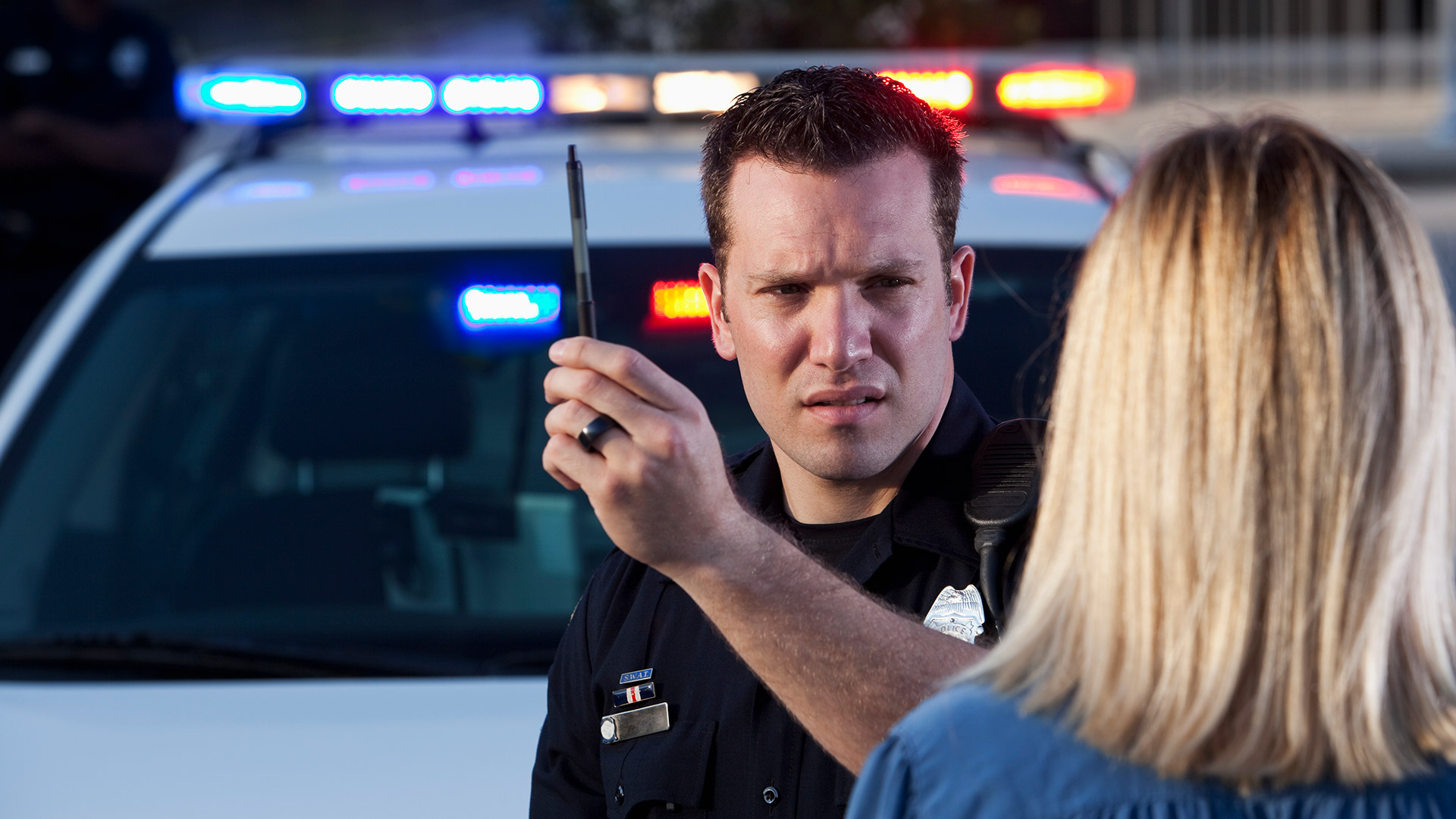
A New Jersey Supreme Court case will soon decide how police conduct marijuana impairment tests.
The case, State v. Olenowski, regards the protocols used by Drug Recognition Experts (DREs), who are trained in conducting marijuana sobriety tests. According to court documents, defendant Michael Olenowski was charged with driving while intoxicated and related offenses. Through an appeal process, the case eventually passed to the state Supreme Court, where the Office of the Public Defender argued on the basis of an expert witness that evidence submitted by DREs was not admissible in the case and challenged the validity of the methods DREs use to detect drug impairment, especially among drivers suspected to be under the influence of cannabis.
Voters opted to legalize adult recreational use of marijuana in the Garden State in 2020, and commercial sales began in April 2022.
Experts say the court case could have multiple ramifications for law enforcement. “We are waiting to see what is going to happen with that case,” Cannabis Regulatory Commissioner Krista Nash told NJ.com. “We don’t want to write rules and then have a court case settled be in conflict.”
Marijuana is known to affect driving skills by decreasing coordination and reaction time. Currently, however, no real-time technology exists that enables officers to pinpoint the exact threshold at which a user is too impaired to drive. For instance, cannabis breathalyzers can only detect recent cannabis use, but cannot establish whether a driver is actually impaired. Instead, officers have relied on 12-step sobriety tests administered by DREs.
“New Jersey has long taken a proactive approach to impaired driving, which historically accounts for about a quarter of all of our traffic fatalities,” Lisa Coryell of the Attorney General’s Office stated. “We have embraced the DRE program as an effective tool in addressing drug-related impaired driving.”
The state’s new cannabis law made provisions for agencies to receive funding to add more DREs to their force. The court case’s decision could impact that funding and how they assess levels of intoxication in traffic stops.
According to former DRE instructor Nick Morrow, the tests rely on a selective methodology and fail to take into account a person’s baseline performance —assessing impairment by testing whether a person can stand on one foot, for instance, without knowing whether they can even do that under normal circumstances. He even said that many of his officers would fail the tests themselves while sober.
While some are experimenting with newer impairment measurement tests, such as a phone app called DRUID, larger studies still need to be conducted.
“At no point did the DRUID study subjects attempt to drive an actual or a simulated car (as has been done in other, better studies), so there’s no way to know whether any of the DRUID study’s subjects were impaired to the point of being unsafe drivers,” Rutgers law professor William McNichol said.
Thomas Shea, program director for the police graduate studies program at Seton Hall and a former police officer, said he does not believe that cannabis plays a role in most car accidents compared with other drugs and alcohol.
“I don’t think I ever responded to an accident where someone was high on pot, but I responded to a bunch of people who were high on other drugs and alcohol,” he said. “Honestly, I just don’t see a mass increase in driving under the influence in marijuana arrests.”
However, it remains to be seen whether the legalization of marijuana in the state will lead to an increase in impaired driving and vehicle accidents, and how the court’s decision could affect police methods of enforcing road safety.





